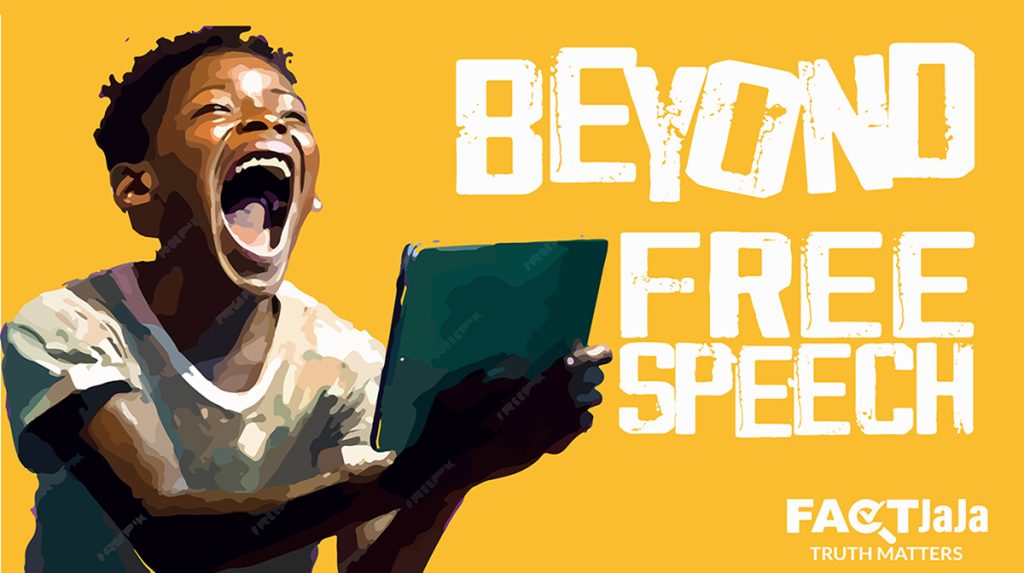Africa has undergone rapid digital transformation, with internet access expanding alongside the introduction of cybersecurity frameworks, data protection laws, and even new artificial intelligence guidelines. Technology has undoubtedly helped address social, economic, and political challenges. However, it has also fueled disinformation, hate speech, and the growing polarization of democracy. These risks have sparked urgent debate over the accountability of tech companies and the far-reaching consequences of their platforms on civic life and governance.
The link between technology and democracy is especially complex. Digital tools have boosted civic participation by making leaders more accessible and giving citizens low-cost ways to speak truth to power. At the same time, the internet has become a double-edged sword. During elections, it enables information flow among voters, electoral officials, political parties, and the media. It supplements campaigns and opens alternative spaces for political expression. But it also amplifies misinformation, disinformation, hate speech, trolling, privacy violations, and tech-assisted violence. These harms have grown more pronounced during electoral cycles, threatening the integrity of democratic processes.
Uganda is just months away from its next general elections, a moment that could either bring a change in leadership or keep the same government in power for nearly half a century. The country has often been in the spotlight for violations of freedom, especially during election periods. In the 2021 general elections, authorities ordered a nationwide internet shutdown, a move they defended as necessary to prevent violence, propaganda, and hate speech.
Looking ahead, the challenges of internet misuse cannot be ignored. Online platforms continue to blur the line between free expression and harmful content, forcing governments, civil society, and technology companies to grapple with difficult choices. Heavy-handed restrictions risk silencing dissent and curbing democratic freedoms, while unchecked online abuse can destabilize societies and inflame divisions. The future will depend on finding a balance where technology serves as a bridge rather than a weapon, where digital spaces strengthen democracy instead of undermining it. For Uganda, and for the world at large, the question is no longer whether the internet should be regulated, but how it can be managed in ways that protect both freedom and accountability in an increasingly digital society.
Muhumuza Adolph








